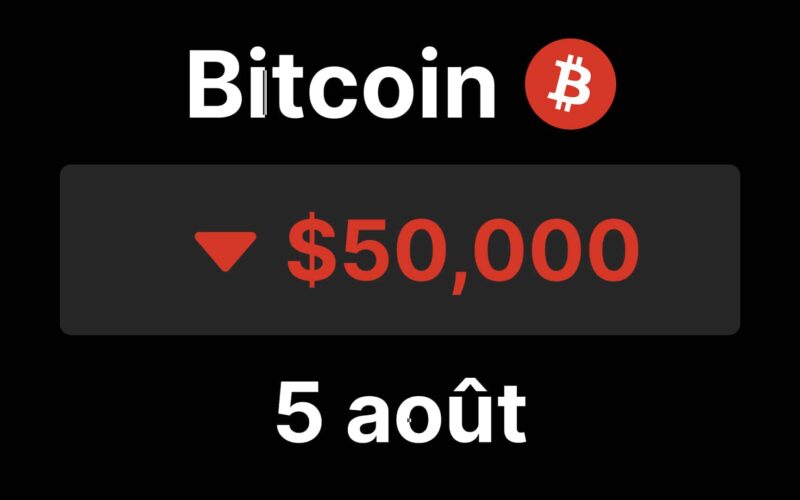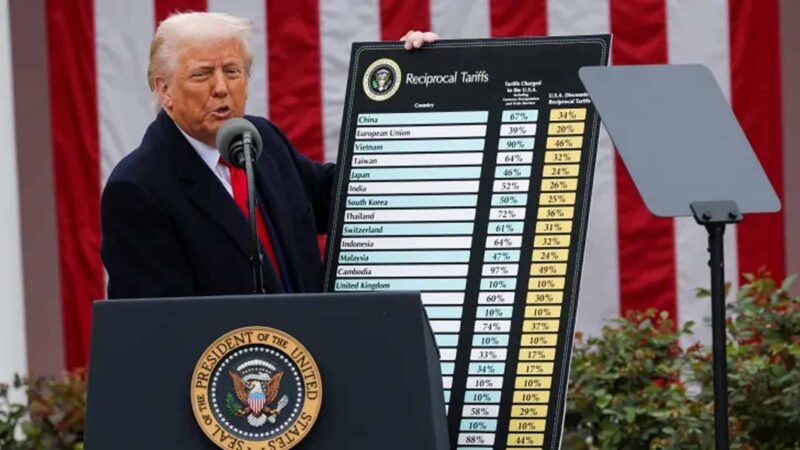A Billion-Dollar Liquidation Plunges the Crypto Market
The crypto market is experiencing a black day, marked by a massive liquidation of over a billion dollars in futures contracts. Within just 24 hours, hundreds of thousands of traders were liquidated, with the largest order recorded on Huobi reaching $27 million.
This wave of liquidations primarily impacted long traders, those betting on price increases.
Ethereum and Bitcoin Under Pressure
The major cryptocurrencies, Bitcoin and Ethereum, saw their prices drastically plummet. ETH, in particular, experienced a 25% drop in just one day, the most severe since May 2021. BTC, on the other hand, lost over 11% of its value during the same period.
This price plunge has caused a shift in market sentiment, with the crypto Fear & Greed index now indicating a high level of fear. This index measures volatility, prices, and social media activity to assess the overall mood of investors.
Trigger Factors: Japanese Yen and Liquidation Rumors
Several factors contributed to this situation. The soaring Japanese yen, reaching seven-month highs, played a decisive role. This yen appreciation is linked to expectations of interest rate hikes by the Bank of Japan, prompting investors to abandon risky assets. Additionally, rumors that the giant Jump Trading may withdraw from the crypto market amplified the panic.
Impact on Trading Strategies
This price plunge has also affected trading strategies, especially carry trade. This method, which involves profiting from price differences between two markets, has become less attractive. The premiums on Bitcoin futures contracts, which previously allowed for significant gains, have significantly decreased. For example, on Binance, the annualized premium on three-month futures fell to 3.3%, its lowest level since April 2023. Similar drops were observed on other exchanges such as OKX and BitMEX.
Economic and Geopolitical Context
The crypto market is not isolated from global economic and geopolitical dynamics. Tensions in the Middle East and disappointing results from major tech companies have dampened investor enthusiasm. The rush towards safer assets, such as US government bonds, has further worsened the situation. The Tokyo Topix 100 recorded its largest drop since 2011, illustrating market nervousness, while Taiwan’s stock market experiences the largest losses since 1967.
Repercussions on Institutional Trading
The repercussions are also being felt in regulated markets like the Chicago Mercantile Exchange (CME), where futures contracts are now trading in line with spot prices. This means that traditional cash and carry strategies, which were highly popular among institutions earlier this year, now offer less attractive returns compared to 10-year US bonds.




